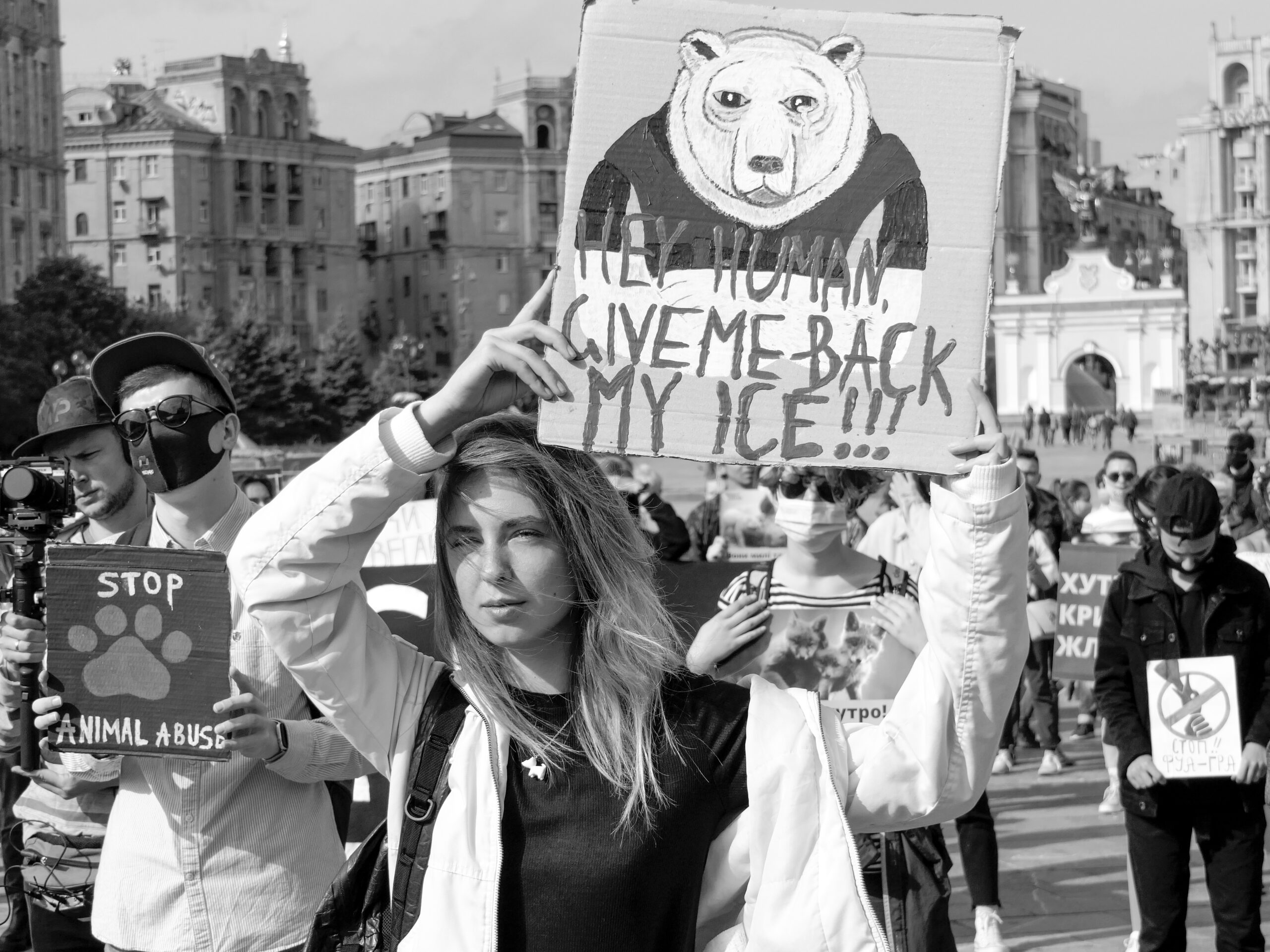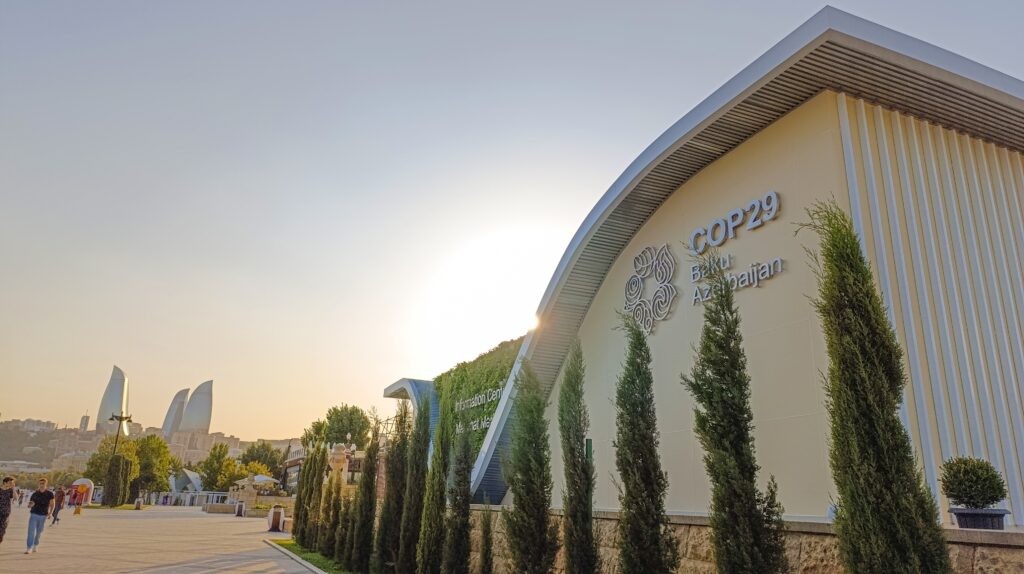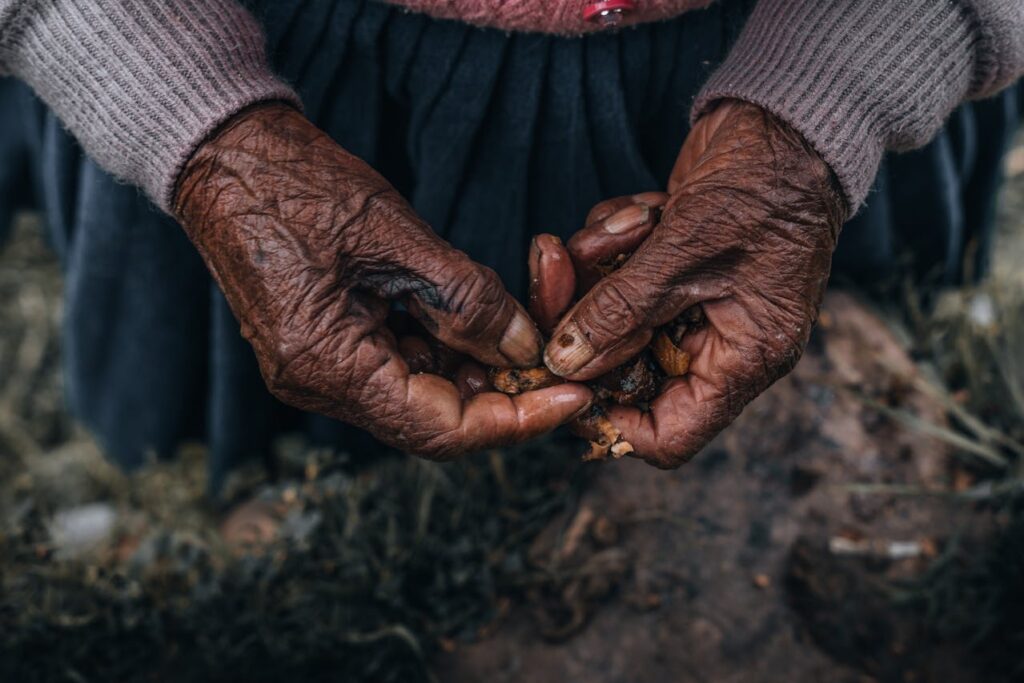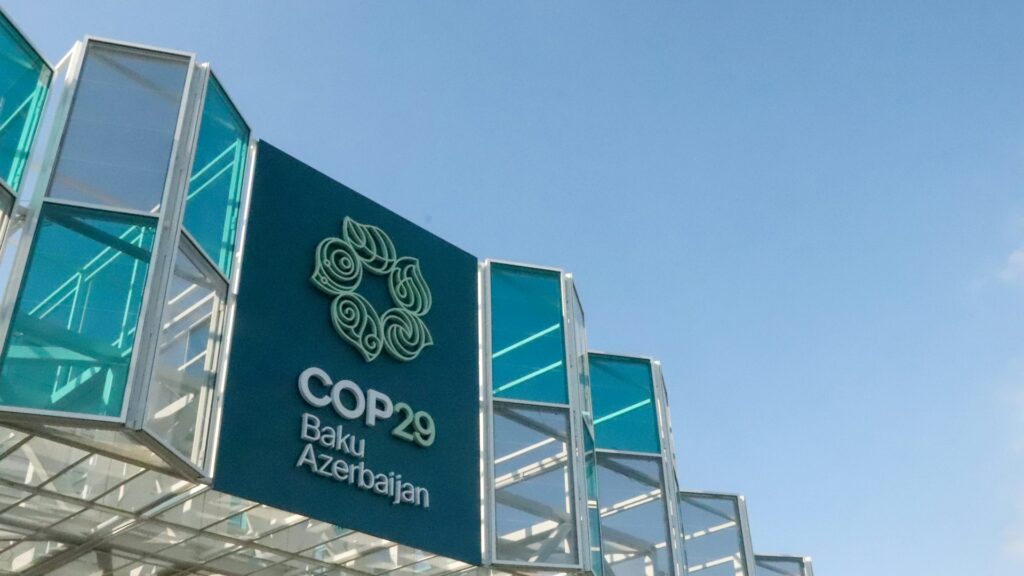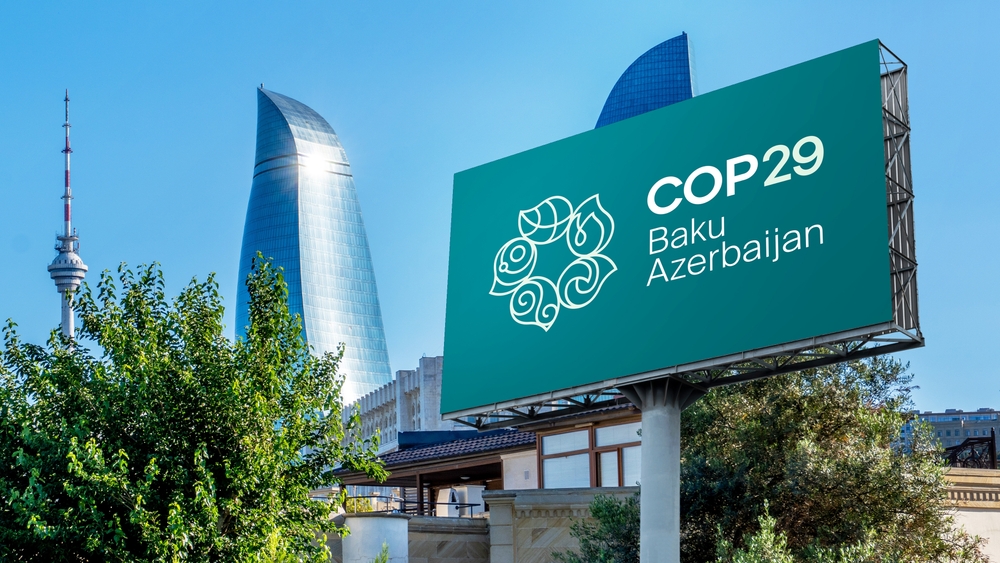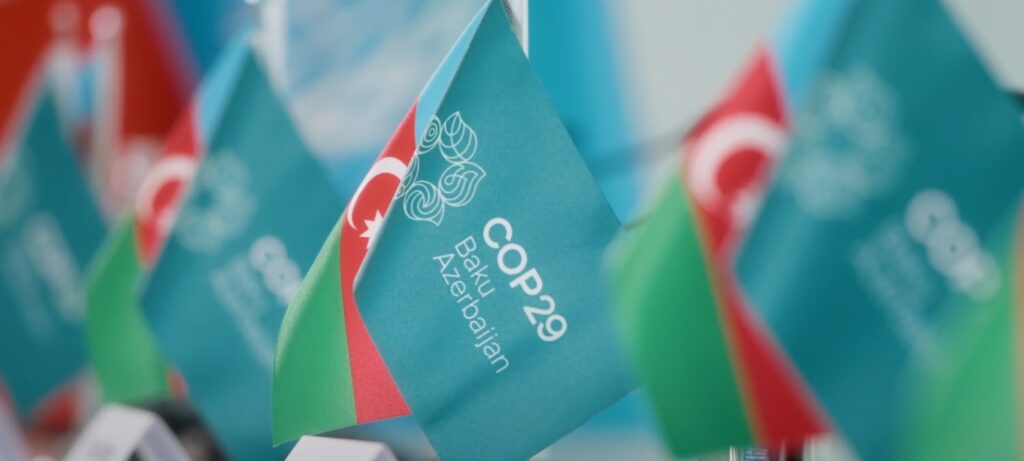Women-led climate action offers transformative pathways for climate mitigation and adaptation. Women, often stewards of natural resources, play critical roles in managing ecosystems and promoting sustainable practices, especially in rural and Indigenous communities. Their participation and leadership are vital for effective and inclusive solutions.
On Nov. 21, the importance of gender-equitable climate action was spotlighted at COP29 Azerbaijan, with a high-level session emphasising the necessity of integrating gender considerations into climate policies. Given that the theme of 2024 UN climate change conference, COP29, was climate finance – an area where women face disproportionate barriers to access – a gender-inclusive response is especially critical. “We need financing to go to addressing gender inequalities and to go to grassroots women’s organisations,” said Jemimah Njuki, UN Women’s chief of women’s economic empowerment. This advances climate justice whereby women can equitably participate in and benefit from climate initiatives and is instrumental in driving effective solutions to the climate crisis, which can benefit us all.
Climate Impacts Entrench Gender Inequalities
Across the world, women and gender-diverse people – particularly in low-income and marginalised communities – are disproportionately impacted by climate-induced disasters and environmental degradation. As primary caregivers and food providers, women frequently shoulder the burden of securing water, food and fuel for their families, often at significant personal risk. Furthermore, inequitable access to resources, education and decision-making power deepens their vulnerability in many regions.
Njuki stressed the vital importance of the outcome of COP29 2024 for gender equality. “Our analysis already shows us that in the worst climate case scenario, 236 million more women and girls will become food insecure, and 158 million more women and girls will fall into poverty,” she warned. “We also see climate change significantly increasing the unpaid care work performed by women and girls.”
Climate Change and Gender Diversity
While women and gender-diverse people are most adversely impacted by climate change and environmental degradation, they are indispensable actors and leaders of just and effective solutions, and studies show that empowering women brings immense benefits to entire communities. “Sustainable and local economies grow, populations stabilise and children’s health and education improve – all of which are foundations for a sustainable path forward,” highlights the Women’s Earth and Climate Action Network (WECAN).
In many countries, women take the lead on environmental and social legislation when elected to public office. Research shows that a one-unit increase in the Women’s Political Empowerment Index is associated with an 11.5% decrease in a country’s carbon emissions, said Osprey Orielle Lake, WECAN’s executive director, speaking at the COP29 event Women for Climate Justice Leading Solutions.
Women are on the front lines of climate resilience in communities worldwide, leading efforts in sustainable agriculture, water management, and disaster response. “Whether it’s on the front lines of resistance to fossil fuels, protecting and replanting forests, creating food sovereignty networks or advocating for transformative common climate policies, women are leading the way,” said Lake.
Yet, women continue to face systematic challenges, including unequal access to resources such as land, agricultural credits, technology and decision-making power. In 2022, just 3% of all official development assistance on climate had gender equality-related objectives.
The Need for a Fair and Feminist Transition
With record-breaking global temperatures and escalating deadly climate disasters, the world is failing to act with the urgency required. “We do not have the politics in place to tackle our multiple interlocking crises,” said Orielle Lake.
She highlighted that since the signing of the Paris Agreement, the world’s 60 largest banks have funnelled over USD 6.9 trillion into the fossil fuel industry, and there are more than 1,700 fossil fuel lobbyists at COP29. Meanwhile, the planet is on a trajectory to surpass 3°C of warming. “This is a death sentence for millions and a disaster for every living being,” said Lake. “This is unacceptable. We demand that government leaders stand up to the fossil fuel industry instead of catering to them. We want the polluters out.”
False Solutions to the Climate Crisis
She also condemned the dangerous and false solutions to the crisis, such as unproven techno-fixes, ineffective carbon offset schemes and net-zero pledges that delay immediate action. What the world needs, she said, is a fossil fuel phaseout that is “fast, fair, financed and feminist.”
COP29 Azerbaijan: Backsliding on a Gender-just Response?
Yet, women — historically marginalised in climate decision-making — are increasingly sidelined in a world facing even more challenging and oppressive governments, she said. This marginalisation is evident in the unfolding of COP29 Baku itself. Draft proposals have been stripped of references to women’s experiences and even the word “diversity,” said Mary Robinson, Ireland’s former president and a climate justice advocate. Opponents of gender-inclusive language now feel “emboldened,” Robinson said.
Ayshka Najib, a feminist climate activist, noted that while pressure restored some gendered language, “This COP was meant to be as much a gender COP as a finance COP. Instead, we are witnessing an alarming backslide.”
German Foreign Minister Annalena Baerbock also noted a shift. Pointing to climate change’s effect on women, Baerbock urged a renewal of the 2014 Lima Programme for gender-responsive climate policy and action. “Fighting the climate crisis, it needs female power, it needs women power, and we can only fight the climate crisis together,” she said.
Evelyn Smail
Writer, United Kingdom
Evelyn is a freelance writer and journalist specialising in climate science and policy, the just energy transition and the human impacts of climate change. She writes for independent publications, NGOs and environmental organisations. Evelyn has a background in sustainable development, climate justice and human rights.
Evelyn is a freelance writer and journalist specialising in climate science and policy, the just energy transition and the human impacts of climate change. She writes for independent publications, NGOs and environmental organisations. Evelyn has a background in sustainable development, climate justice and human rights.

